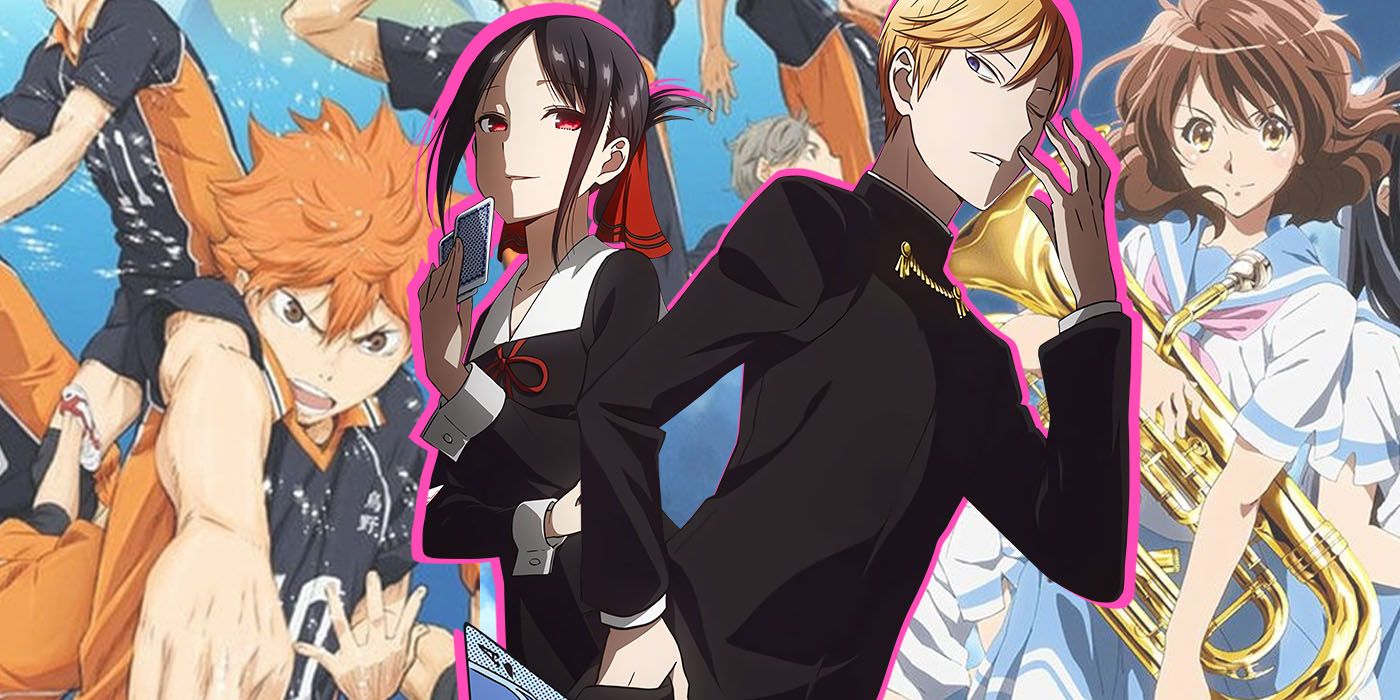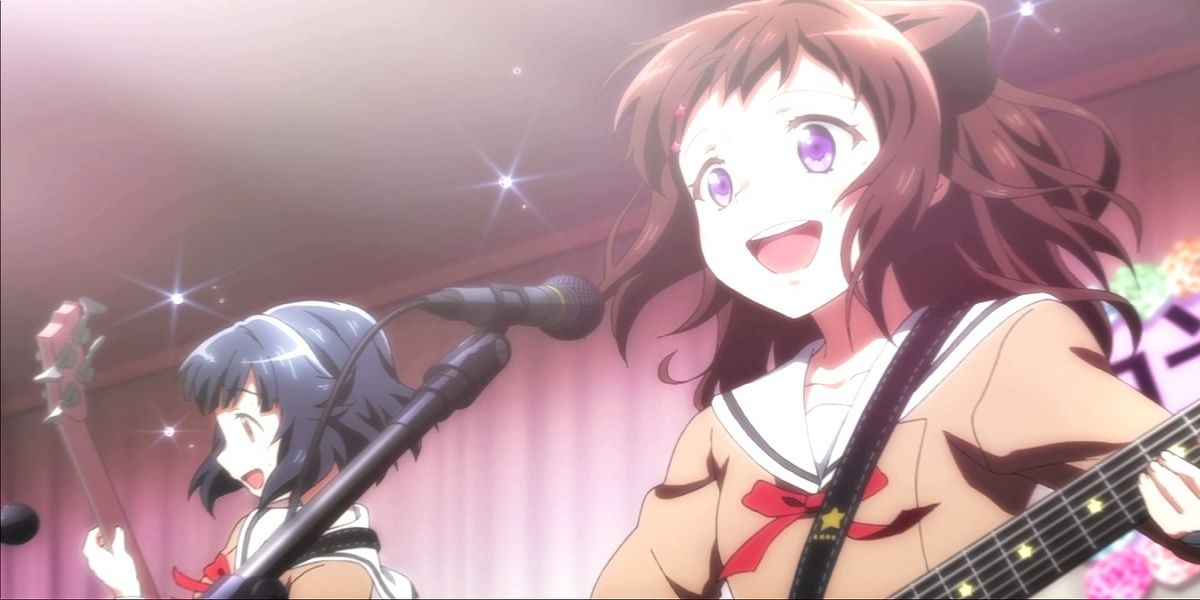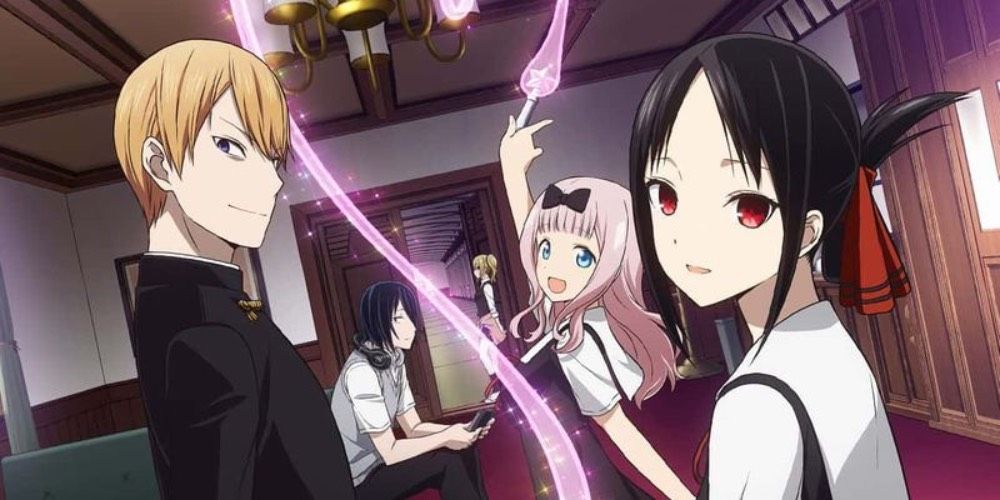The number of anime set in a Japanese middle or high school is immeasurable. A popular trope within this setting are school clubs. Popular series, like Fruits Basket, Free!!, and Kaguya-sama: Love is War, are either centered around school clubs, or have some major plot point involving them. In anime, there seems to be a club for everything -- literature, paranormal activity, board games, cycling, surviving a zombie apocalypse, and more.
Japanese school clubs, or "bukatsu," are essential to middle and high school life. School clubs are where students make friends and develop skills they will take with them into adulthood. New students are encouraged to join a club at the beginning of the school year, and club attendance is mandatory, depending on the school. Since loyalty and longevity is essential in Japanese society, students are also strongly encouraged to pick a club and stick with it throughout their academic careers.
The Difference Between Sports and Culture Clubs
Japanese school clubs are divided into two categories -- sports and cultural clubs. Sports clubs includes everything from table tennis and baseball, to martial arts like kendo and sumo. Like the Karasuno High Volleyball Club in Haikyuu!! or the Kazemai High School Kyudo (Archery) Club in Tsurune, sports clubs often have long and vigorous practice schedules and compete in regional and national competitions. Likewise, the over-the-top superpowers and maneuvers in Kuroko's Basketball may not be set in reality, but sports club students often strive to be recognized on the regional or national stage as a stepping stone to a professional career.
Cultural clubs encompass everything else -- theater, traditional Japanese cultural activities like tea ceremonies, flower arranging, and dance. Cultural clubs are usually more laid back than sports clubs, but a few culture clubs have grueling schedules to prepare for competitions, just like sports clubs. The members of the Kitauji High School Concert Band in Sound! Euphonium practice at school, perform at local festivals, and attend band camp to qualify and compete in the national competition.
Some recognizable anime school clubs closer to reality are the Drama Club in Clannad, Choir Club in Tari Tari, and Light Music Club in K-On!. It's less likely to find more unusual clubs like Meganebu!'s Glasses Club, and fans won't find school clubs like the Host Club at Ouran Academy in real life. However, with enough cleverness, students can make almost any club, as long as the school council approves it.
The All-Powerful Student Council
Anyone familiar with school-based anime knows of the omnipotent student council and its members. Anime student council organizations, like the Hyakkaou Private Academy's Student Council in Kakegurui, have god-like authority over the school and student body -- but they play a lesser role in real life.
In many Japanese schools, student council members are responsible for morning announcements, putting on events like the cultural festival or field day, and organizing school trips. The student council can also approve or reject applications and funding for clubs, but they don't have millions of yen to dole out as portrayed in anime. Still, the student council's level of importance is entirely based on the school's culture.
It's Important for Senpai To Notice
School clubs provide a space for students with shared interests, and considered crucial for shaping them into productive citizens. The structure of school clubs reflects the fundamental social hierarchy in Japanese society, business, and politics -- namely, the "senpai" and "kouhai" dynamic. Senpai (senior) must teach and care for their kouhai (junior), while the kouhai defers to and serve the senpai. Since the strong bond between kouhai and senpai is established from the beginning of a new student's club experience, it's an emotional event when a senpai steps away from club activities due to college entrance exams or graduation. Fans are all too familiar with the tearful goodbyes between senpai and kouhai in anime like Fruits Basket (2019) or Haikyuu!!
Although anime fans won't find clubs like in their favorite series, school clubs are a reality for Japanese students. Students develop social skills, hone their craft, and learn to become productive members of society. Some clubs are rigorous and spend long hours practicing to compete on a national stage, while others are more laid back. Regardless, school clubs can play a vital role in students' lives. Many aspects of school clubs are exaggerated for theatrical effect and entertainment, but there are plenty of things anime gets right. In reality, school life can be dramatic even without a strange club concept or an overpowered student council.




